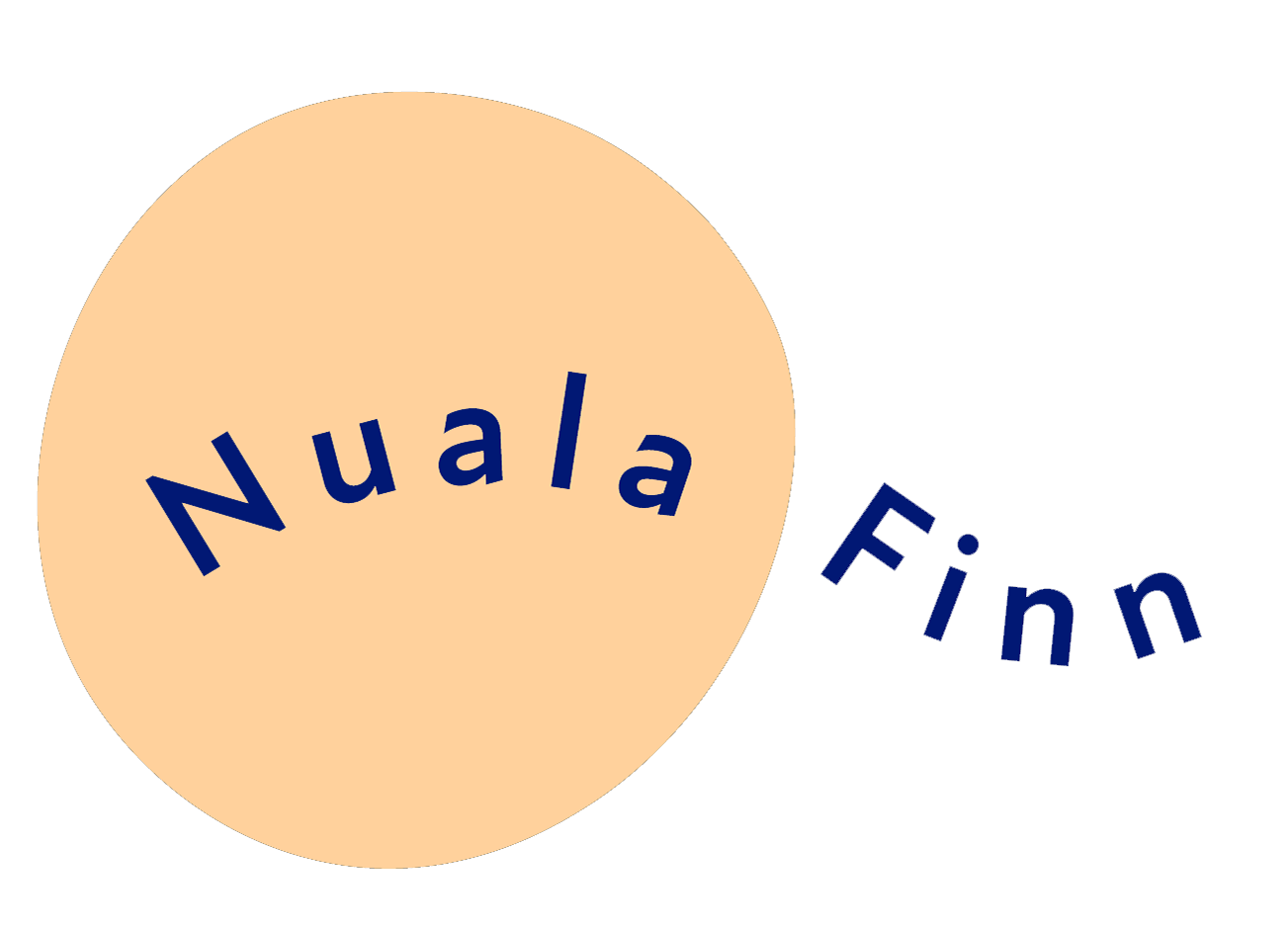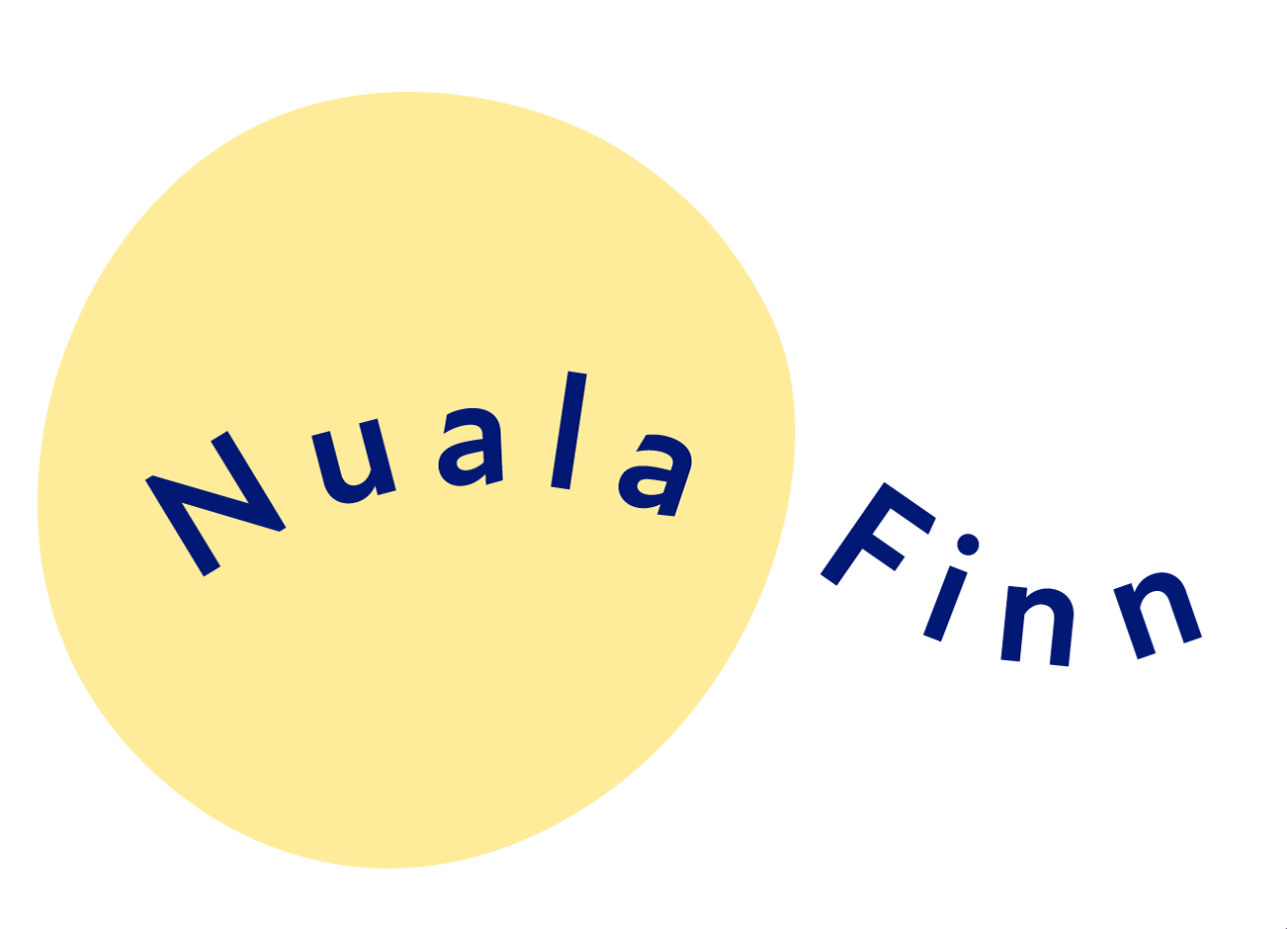Remembering Tony Lux, Who Stirred Life and Sparked Light
Amnesty International Activist for 35 Years, ‘Sometimes Cheeky, Often Skeptical, Always Kind’.
Originally written for Amnesty International Australia June 2014
Originally written for Amnesty International Australia June 2014
Terror, persecution and war scar our world. Thinking about the dark truths of mankind, local and global, historical and present, you cannot help but start to feel the lightness of morality’s weight.
But ‘better light a candle than curse the darkness’ as the Amnesty International slogan says, and so appears Tony Lux, like a burst of pure altruism. Tony was a ‘perfect gentleman’ who spent 35 years volunteering 5 days a week in the Amnesty International Melbourne office. Right up until the moment of his death, at the age of 76 in 2013, Tony ran the Urgent Action Network for Amnesty International Victoria, Australia.
Tony would arrive every day at 7.15 am sharp and perky, shuffling around the office and turning on the lights for everyone. The early arrival gave Tony enough time to write Latin phrases on Post-it notes and stick them to light switches and inside kitchen cupboards. ‘Potens Sui Tony!’ (Master of Self Tony) still greets staff when they reach for a teabag.
Tony had a Socratic way about him, probing people to hear their stance on human rights issues, pushing, challenging, making people smile. Vanessa Costanzo (Branch Manager Amnesty Victoria) describes Tony as a ‘chatty and contrarian character… sometimes saying things designed to shock’.
Brenda Taylor, a former colleague of Tony, reflects ‘ I will always remember Tony for being passionate about history- “They don’t know their history!” he would exclaim on occasion. His love of reading and skiing in Europe, his relentless commitment to achieving the right to die with dignity, his letter writing, and his sheer staying power… Candle Day will burn a little less brightly without him’.
Ingrid Sheridan, who worked with Tony for a number of years, remembers that ‘Tony and I mainly had discussions around the political situation in the Middle East. He would often try to get a rise out of me by saying something inflammatory but I think he was pulling my leg 90% of the time. He was also convinced I was a spy although I'm not entirely sure what he thought I was spying on.’
Tony did not see the point of computers. He only ever used his typewriter to fervently punch out Urgent Action letters all day long, pausing at 12pm to tune into the ABC lunchtime broadcast, which he liked to turn up loud enough so that all of the office could listen in too. His colleagues who preferred to work in quiet brought Tony headphones, but those 12 sweet chimes still rang out across the room, just slightly more crackly and muffled.
Tony brought in his packed sandwiches every day, fresh bread, cheese and radishes. He generally lived a very frugal life, apart from when it was a special occasion and he would bring in beer for the men, champagne for the ladies and smoked salmon for everyone.
One of Tony’s goals was to be arrested at a protest and require Amnesty to issue an Urgent Action response on his behalf. Sadly, he didn’t achieve this, but there is a great picture of Tony at one of his last attempts. At a Pussy Riot protest, he stands out in his ordinary grey fleece and matching grey hair, amid a cluster of dressed up young hipsters. Leaning on his walking stick, stoney faced Tony holds up his sign ‘ punk rock is not a crime’.
Tony was a Second World War Veteran, emigrated from the UK. He didn’t have any known family, but at the time of his death in February 2014 a nurse commented that she had never had a patient with so many visitors. Vanessa Costanzo believes that ‘surviving photographs indicate he was a bit of a spunk’.
As well as Amnesty, Tony was greatly involved in three other charities. Tony’s last act of generosity came after his death. He made a five figure bequest to each of the charities he was involved with.
This week is the 25th anniversary of National Volunteer Week (12 – 18 May), a time each year when not-for-profits celebrate and thank their volunteers. There are over 6 million Australians who generously donate their time to a cause greater than themselves. So when Tony is remembered as being ‘one of a kind’ this needs only refer to his ‘eccentric character’ and quirky rhetoric. Tony’s caring nature and ‘relentless commitment’ to campaigning for human rights is shared by millions across Australia and around the World. Tony’s life full of compassion is not only an inspiring story, but it is representative of the altruistic quality of human nature that shines in millions.

